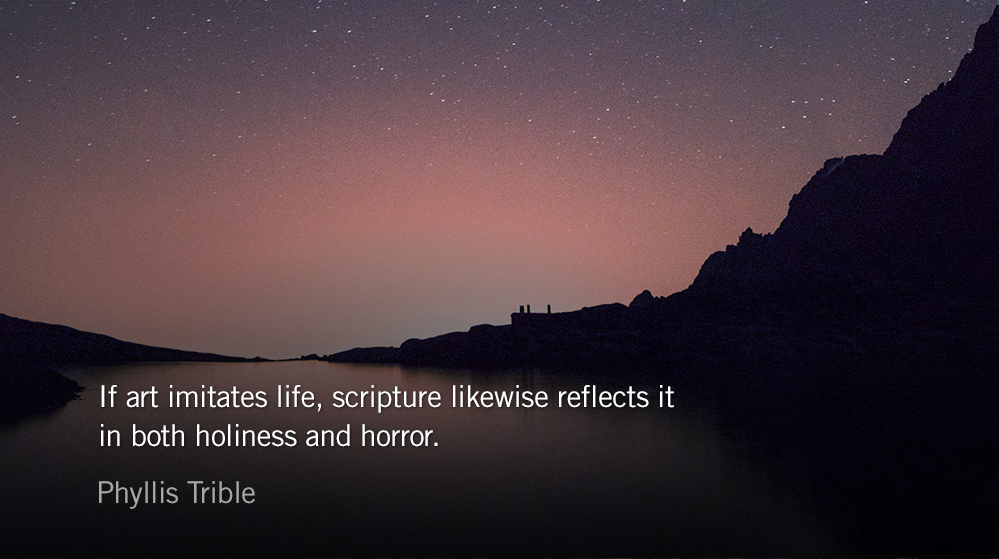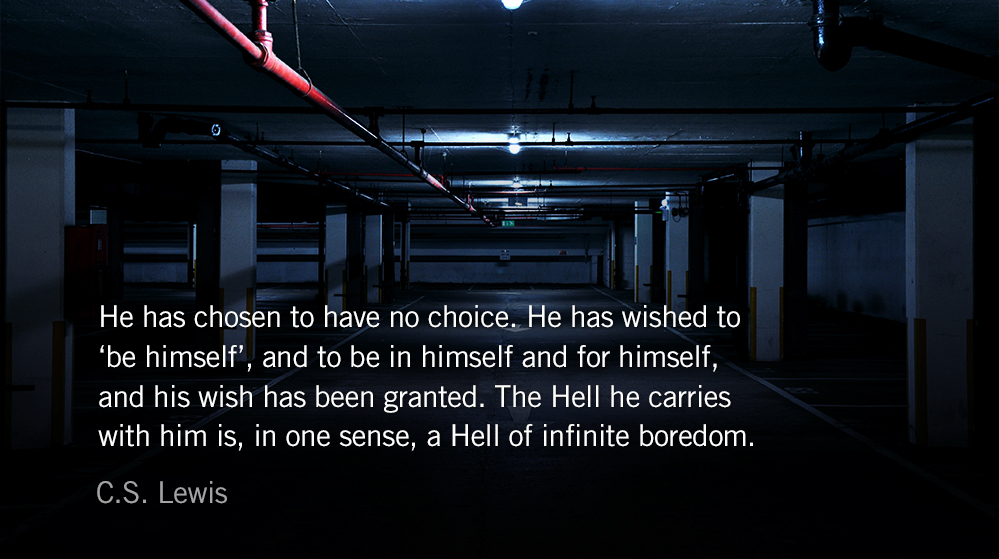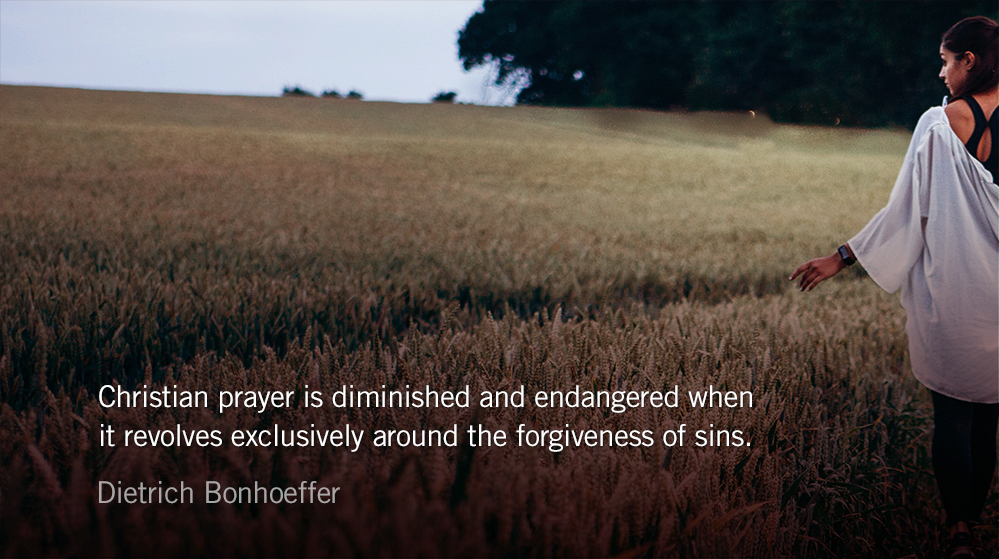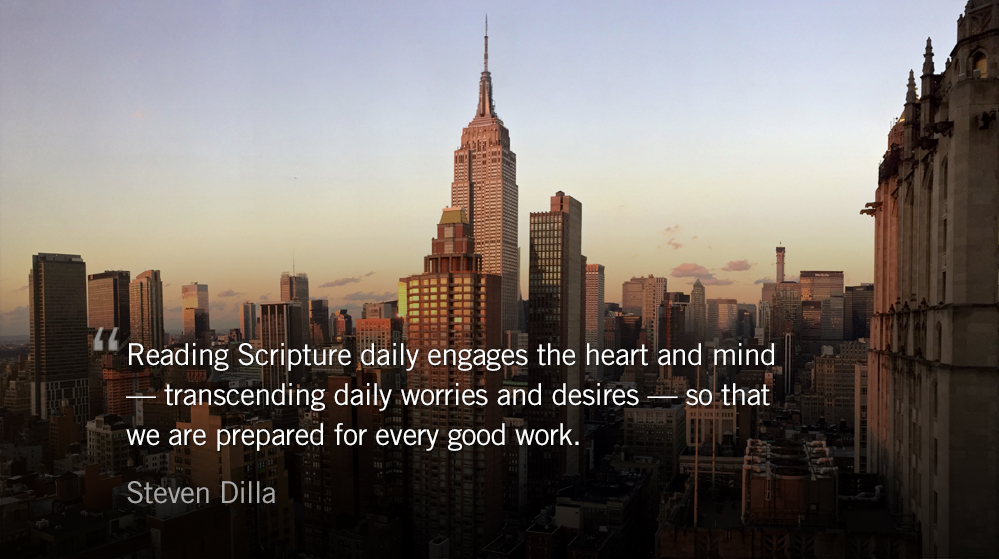Storytelling is a trinitarian act that unites writer, text, and reader in a collage of understanding.
― Phyllis Trible
Scripture: Genesis 34.2
And when Shechem the son of Hamor the Hivite, the prince of the land, saw [Dinah], he seized her and lay with her and humiliated her.
Reflection: Texts of Terror
By Phyllis Trible
To contrast an Old Testament God of wrath with a New Testament God of love is fallacious. The God of Israel is the God of Jesus, and in both testaments resides in tension between divine wrath and divine love.
If art imitates life, scripture likewise reflects it in both holiness and horror. Reflections themselves neither mandate nor manufacture change; yet by enabling insight, they may inspire repentance. In other words, sad stories may yield new beginnings.
As a critique of culture and faith in light of misogyny, feminism is a prophetic movement examining the status quo, pronouncing judgment, and calling for repentance…. It interprets stories of outrage on behalf of their female victims in order to recover a neglected history, to remember a past that the present embodies, and to pray that these terrors shall not come to pass again.
Jacob’s wrestling at the Jabbok provides the story for our journey. The fight is close to an even match. As Jacob prevails, the man puts out of joint the hollow of Jacob’s thigh. Their physical struggle yields to a verbal contest, with Jacob refusing to let the man go unless he blesses him.
The night visitor deflects this demand by eliciting a confession of the name Jacob as trickster, cheater, or supplanter. To reorient the identity of the patriarch, he changes that name to Israel. What Jacob wants, he does not get on his own terms. The outcome acknowledges both the crippling victory and the magnificent defeat of that night. Jacob’s life is preserved, but he limps as he leaves the Jabbok.
As a paradigm for encountering terror, this story offers sustenance for the present journey. To tell and hear tales of terror is to wrestle demons in the night, without a compassionate God to save us. In combat we wonder about the names of the demons.
Our own names, however, we all too frightfully recognize. We struggle mightily, only to be wounded. But yet we hold on, seeking a blessing: the healing of wounds and the restoration of health. Indeed, as we leave the land of terror, we limp.
*Excerpt from Texts of Terror by Phyllis Trible.
Prayer: The Request for Presence
Bow down your ear, O Lord, and answer me, for I am poor and in misery. Keep watch over my life, for I am faithful; save your servant who puts his trust in you. — Psalm 86:1–2
– From The Divine Hours: Prayers for Autumn and Wintertime by Phyllis Tickle
Full prayer available online and in print.
Today’s Reading
Genesis 34 (Listen – 4:18)
Mark 5 (Listen – 5:21)











